
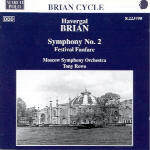
Havergal Brian (1876-1972) had one of the longest careers of any composer. Perhaps, then, it’s not surprising to find that he wrote 32 symphonies; but
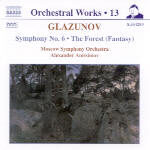
Alexander Glazunov’s Sixth Symphony is one of his best. A turbulent opening movement (whose doom-laden introduction clearly influenced Rachmaninov) introduces a brilliant second movement Theme
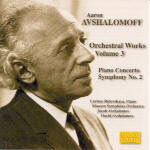
As anyone following Marco Polo’s enterprising discs of Aaron Avshalomoff’s orchestral music knows, his style combines the colorful nationalism of the Russian school of Rimsky-Korsakov
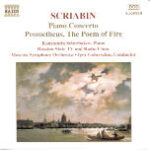
Scriabin seems to be an “in” composer all of a sudden, what with numerous new recordings of his youthful Piano Concerto and late tone poems/symphonies.
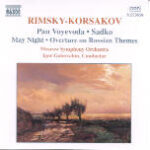
This enterprising disc offers the rarely heard suite from Rimsky-Korsakov’s “Polish” opera, Pan Voyevoda. In keeping with the setting, the individual movements consist largely of

The Third Symphony is Alexander Glazunov’s largest, particularly apparent in a performance as expansive as this one, but it’s also one of his more persuasive
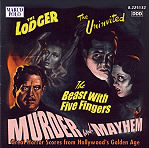
This collection groups together three previously issued film scores by three great composers of Hollywood’s “Golden Age”, all written for horror movies. When I was
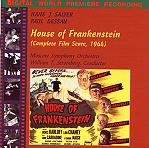
This silly movie brought all of your favorite 1930s and ’40s movie monsters–Frankenstein, Dracula, and the Wolfman–together for the first time. The reasons, not surprisingly,
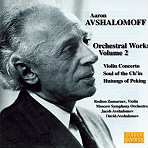
Aaron Avshalomoff is one of the very rare examples of Western-composer-gone-East. Born in Siberia, he spent nearly 30 years of his life in China, where,
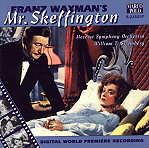
Franz Waxman was the first to admit his stylistic debt to the great Russian composer Dmitri Shostakovich, and to Richard Strauss as well, and that
![]()
